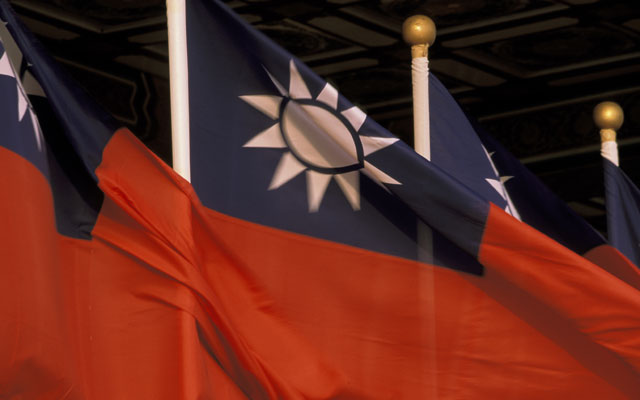China and Taiwan: Possible Storm Signals for Cross-Straits Relations Underscore Need to Provide for Taiwan’s Defense
Dean Cheng /
After several years of being relatively quiet, it would appear that the Taiwan Straits may be on the verge of becoming an epicenter of crisis once again. Two public statements highlight the potential return of tension to the region.
First, Chinese leader Xi Jinping, in a side meeting at the 2013 APEC summit, told Taiwan’s delegate that the political divide between the two sides needed to be closed and cannot be “passed on generation to generation.” This formulation stands in sharp contrast to former leader Deng Xiaoping’s stance.
In 1984, Deng advocated the idea of “one country, two systems”—still the official policy proposal of the People’s Republic of China (PRC). However, recognizing that this idea had limited appeal for Taiwan, Deng also observed, “Reunification of the motherland is the aspiration of the whole nation. If it cannot be accomplished in 100 years, it will be in 1,000 years.”
By contrast, Xi’s comments almost echo the “three ifs” invoked in China’s 2000 white paper “The One-China Principle and the Taiwan Issue” as justifications for the use of force:
[I]f a grave turn of events occurs leading to the separation of Taiwan from China in any name, or if Taiwan is invaded and occupied by foreign countries, or if the Taiwan authorities refuse, sine die, the peaceful settlement of cross-Straits reunification through negotiations, then the Chinese government will only be forced to adopt all drastic measures possible, including the use of force, to safeguard China’s sovereignty and territorial integrity and fulfill the great cause of reunification. [Emphasis added.]
If Xi’s formulation was intended to echo the earlier Chinese official statement, it would suggest that China’s patience with the island is running thin.
Meanwhile, Taiwan’s new defense white paper has concluded that the cross-straits military balance continues to shift in favor of the PRC. The steady modernization of the People’s Liberation Army (PLA), including its expanding portfolio of anti-access/area denial capabilities, jeopardizes the ability of the United States to intervene if the PLA undertakes an attack against Taiwan. The report expresses the concern that the PLA may be able to successfully invade the island by 2020 if current military and security trends continue.
This is not to suggest that a cross-straits conflict is imminent. The growing economic relationship between the two sides has served to promote political dialogue and strengthen trade ties. But a militarily overwhelming PLA would be able to intimidate and coerce Taiwan, which would in turn have political and economic implications as well.

